Just a little itch, and your hand immediately reaches to scratch. It feels incredibly satisfying—almost a relief. But have you ever wondered why scratching feels so good? And why does it sometimes make things worse?
What Happens When We Scratch?
When your skin feels itchy—whether from a mosquito bite, eczema, allergies, or another skin condition—scratching seems like the quickest solution. Unfortunately, the relief it brings is only temporary.
Here’s what happens: when you scratch, you’re creating a mild pain sensation on the skin. That pain signal is sent to the brain and interrupts the itch signal. The brain becomes “distracted” from the itch, which is why scratching feels good… for a moment.
Even more interestingly, the pain caused by scratching can trigger the release of serotonin, a chemical in the brain that promotes a feeling of calm. But serotonin can also enhance itch signals, making you want to scratch even more. The result? A vicious itch-scratch-itch cycle.
Not All Itches Are the Same
Itching can be caused by different things. Some itches originate from external sources, such as contact with caterpillars or specific plants. But many itches start from within the body, such as:
- Allergies (to pollen, food, etc.): The body releases histamine, which causes itching and other symptoms.
- Nerve disorders (such as shingles or stroke): An itch may be accompanied by tingling or numbness.
- Psoriasis: The itch can feel like burning or stinging.
- Certain medications (such as anti-malarials): Can cause intense, full-body itching.
Why You Shouldn’t Scratch Too Much
Although it may feel good in the moment, excessive scratching can cause damage to the skin, lead to infections, result in scarring, and exacerbate stress or anxiety.
If you’ve ever seen your skin become raw or start bleeding from constant scratching, it’s a sign to be more cautious.
How to Relieve Itch Without Scratching
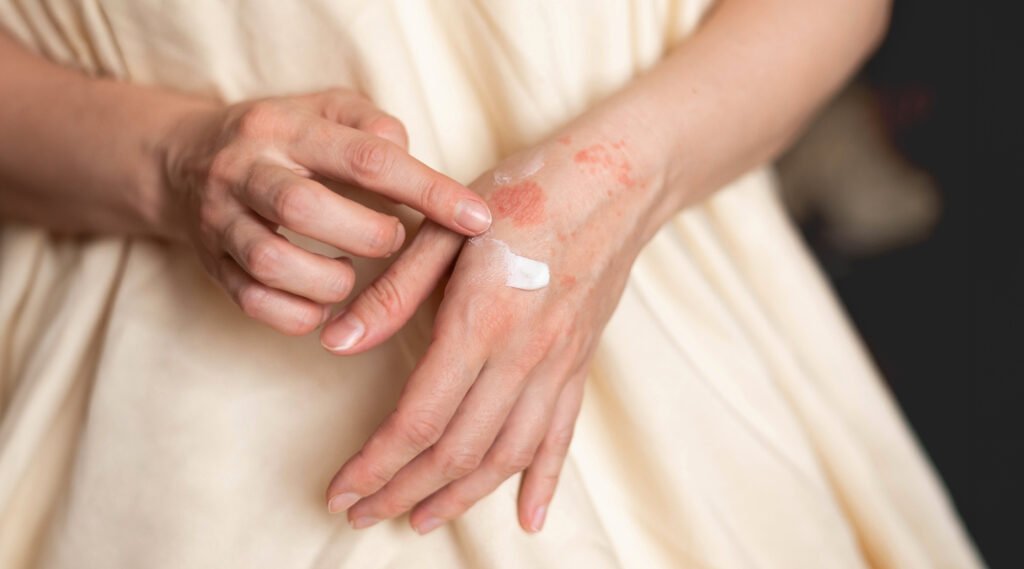
How do you stop scratching? Here are some simple but effective steps:
- Don’t start scratching
This is the most crucial step. The more you scratch, the more your brain craves it. - Use a moisturizer
Dry skin = itchy skin. Keeping your skin moisturized regularly can help prevent irritation. - Apply anti-itch creams
Look for ingredients like menthol, capsaicin, pramoxine, or topical corticosteroids to help soothe the skin. - Take antihistamines
If allergies cause the itch, antihistamines can help, but only use them as directed by a doctor. - Identify the cause
If the itching doesn’t go away, it’s best to see a doctor. Knowing the root cause leads to better treatment.
Scratching is a natural reflex, and sometimes even feels rewarding. That’s why it’s essential to understand that the pleasure you think can be misleading. Itching is your body’s way of signaling that something needs attention.
Instead of scratching away at the symptoms, try to understand what your skin is telling you and treat it appropriately. Sometimes, stopping the scratch is the first step to healing.
References
Healthline. Accessed in 2025. Why Do We Itch?
WebMD. Accessed in 2025. Why Does Scratching Feel So Good? How to Stop Itching & Scratching.







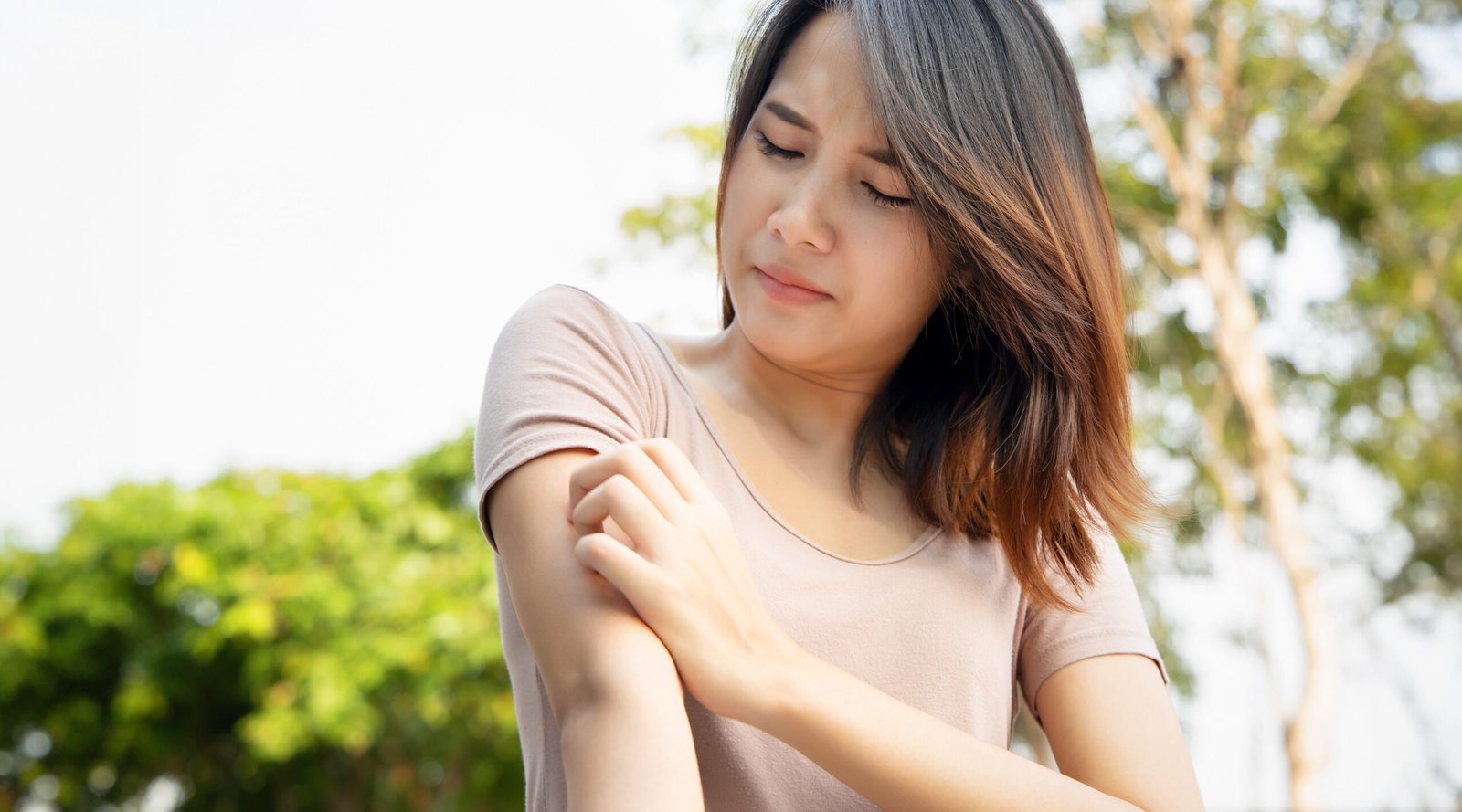
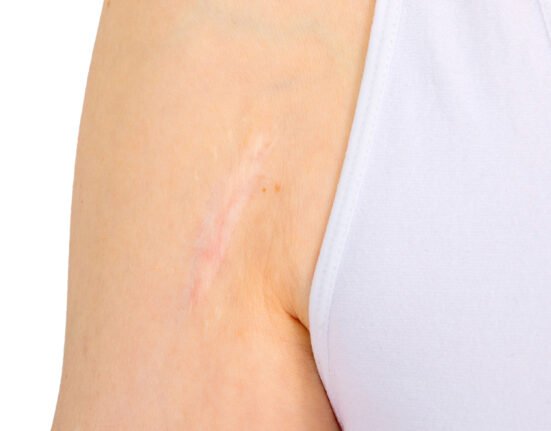
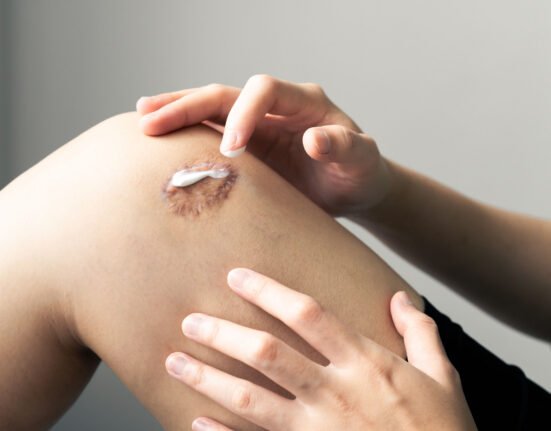
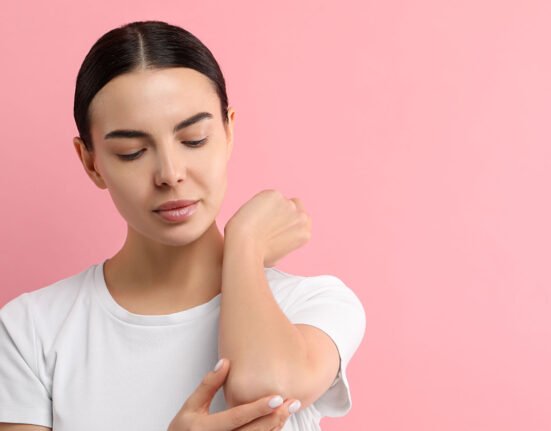



Leave feedback about this